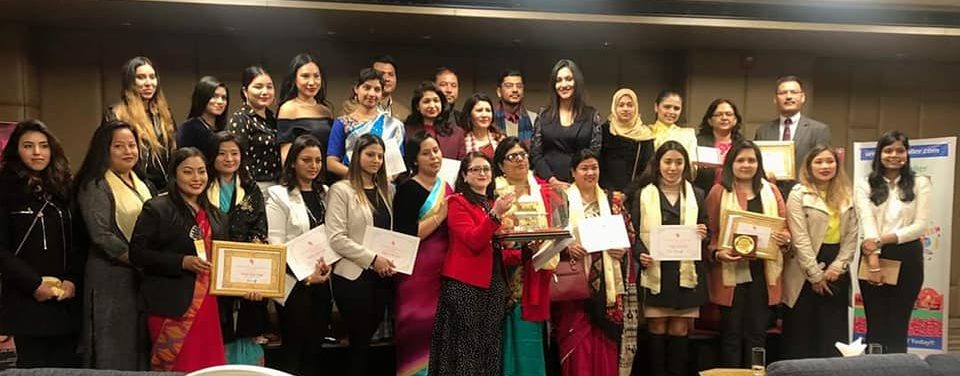
RSTCA gives top priority to project activities that are appropriate and in keeping with international standards for the preservation of cultural heritage. These activities may involve:
(A) CULTURAL SITES. This might include (but is not limited to) historic buildings and sites, monuments, and archaeological sites:
• Restoration of a historic building;
• Preservation of an archaeological site;
• Documentation of sites in a region for preservation purposes.
(B) CULTURAL OBJECTS AND COLLECTIONS from a museum, site, or similar institution includes archaeological and ethnographic objects, paintings, sculpture, manuscripts, and general museum conservation activities:
• Conservation treatment of an object or collection of objects;
• Needs assessment of a collection with respect to its condition and strategies for improving its state of conservation;
• Inventory of a collection for conservation and protection purposes;
• The creation of safe environments for storage or display of collections;
• Specialized training in the care and preservation of collections.
(C) FORMS OF TRADITIONAL CULTURAL EXPRESSION includes traditional music, dance, indigenous languages, and crafts:
• Documenting and audiovisual recording of traditional music, indigenous languages and dance forms for preservation and broad dissemination;
• Support for training in the preservation of traditional applied arts or crafts that are threatened by extinction.
AFCP DOES NOT SUPPORT THE FOLLOWING:
(A) Preservation or purchase of privately or commercially owned cultural objects, collections, or real property;
(B) Preservation of natural heritage (physical, biological, and geological formations, paleontological collections, habitats of threatened species of animals and plants, fossils, etc.;
(C) Preservation of hominid or human remains;
(D) Preservation of news media (newspaper, newsreels, etc.);
(E) Preservation of published materials (books, periodicals, etc.);
(F) Development of curricula or educational materials for classroom use;
(G) Archaeological excavations or surveys for research purposes;
(H) Historical research, except in cases where historical research is justifiable and integral to the success of the proposed project;
(I) Acquisition or creation of new exhibits, objects, or collections for new or existing museums;
(J) Construction of new buildings, building additions, or permanent coverings (over archaeological sites, for example);
(K) Commissions of new works of art or performances for commemorative or economic development purposes;
(L) Creation of new or the modern adaptation of existing traditional dances, songs, chants, musical compositions, plays, or other performances;
(M) Creation of replicas or conjectural reconstructions of cultural objects or sites that no longer exist;
(N) Relocation of cultural sites from one physical location to another;
(O) Removal of cultural objects or elements of cultural sites from the country for any reason;
(P) Digitization of cultural objects or collections, unless part of a larger, clearly defined conservation or documentation effort;
(Q) Conservation plans or other studies, unless they are one component of a larger project to implement the results of those studies;
(R) Cash reserves, endowments or revolving funds; funds must be expended within the award period and may not be used to create an endowment or revolving fund;
(S) Costs of fund-raising campaigns;
(T) Contingency, unforeseen, or miscellaneous costs or fees;
(U) Costs of work performed prior to announcement of the award;
(V) International travel, except in cases where travel is justifiable and integral to the success of the proposed project;
(W) Travel or study outside of the host country for professional development;
(X) Individual projects costing less than US $10,000;
(Y) Independent U.S. projects oversees.
An item with a religious connection may be the subject of a cultural preservation grant if the item is nominated solely on the basis of architectural, artistic, historical or other cultural (not religious) criteria.
FUNDING
The minimum award amount is $10,000 and the maximum is $200,000. RSTCA does not require but welcomes cost sharing, contributions and other forms of cost participation.
617 total views, 1 views today























